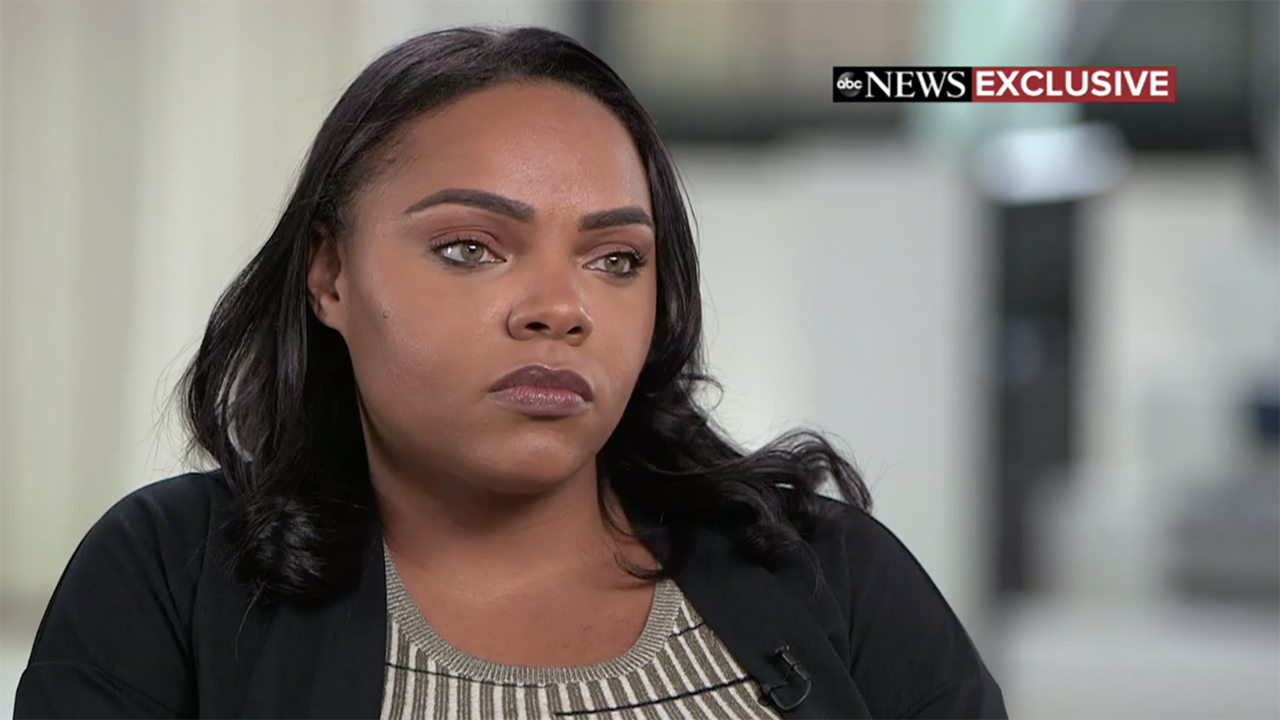Aaron Hernandez's apparent suicide shrouded in mystery

SHIRLEY, Massachusetts -- Aaron Hernandez's family wants to donate his brain to science, but Massachusetts officials are refusing to release it despite turning over the rest of his body to a funeral home, the former NFL star's lawyer said Thursday.
Hernandez, who was serving a life sentence for murder, apparently killed himself in his prison cell on Wednesday, in a case that remains shrouded in mystery.
Hernandez attorney Jose Baez said the family had arranged for Boston University researchers looking at brain trauma in athletes to take possession of Hernandez's brain following the autopsy.
The medical examiner released Hernandez's body Thursday, but Baez says the office has not yet given them back the brain, as promised.
"There's no reason to withhold the brain," he said in front of the state medical examiner's office in Boston. "It is literally a destruction of evidence."
A top state official responded that brain will be released by the medical examiner as soon as the investigation into his death is complete.
"No one is going to stand in the way of the family's wishes," said Secretary of Public Safety and Security Dan Bennett, whose office oversees the medical examiner.
Baez said the family retained Dr. Michael Baden, a former chief medical examiner for New York City, to perform an independent autopsy. Baden, who didn't immediately comment, has performed autopsies in numerous high-profile cases, including the death of Michael Brown, the black 18-year-old who was shot and killed by a white police officer in Ferguson, Missouri, in 2014.
Baez declined to say whether he or the family believed brain damage from Hernandez's playing days led the 27-year-old former New England Patriots player to kill himself.
It's generally best for researchers to get access to a brain within hours of death to determine the presence of chronic traumatic encephalopathy or other neurodegenerative diseases, said Dr. Lee Goldstein, a CTE researcher at Boston University.
Authorities on Thursday clamped down on releasing more details about Hernandez's apparent suicide.
They have said Hernandez hanged himself from a bedsheet affixed to a window in his cell at the Souza-Baranowski Correctional Center in Shirley. Guards found Hernandez shortly after 3 a.m. Wednesday.
Hernandez apparently jammed the door to prevent officers from entering, didn't leave a suicide note and wasn't on suicide watch because he didn't appear to be at risk, according to prison officials.
But authorities have yet to release the incident report, officers' logs, video footage from the area around Hernandez's cell or other details about prison protocol, despite repeated requests from The Associated Press.
Correction Department spokesman Christopher Fallon said the agency won't comment until the investigation was completed. State police spokesman Dave Procopio also cited the "active" investigation in not releasing more information. And the state medical examiner's office declined to comment on the status of its autopsy or the release of Hernandez's body.
The Faggas Funeral Home in Watertown, Massachusetts, confirmed to the AP that it received the body but that funeral services will likely be held elsewhere for the Connecticut native.
Massachusetts Gov. Charlie Baker said he wasn't drawing any conclusions about Hernandez's apparent suicide until the investigation was completed.
"Any time someone kills themselves in prison something clearly went wrong," he said, adding that he had full confidence in prison officials and was unaware of any staff being reprimanded.
Baker also warned against jumping to any conclusions: "There are a million rumors flying out there. None of them have been substantiated."
Many other questions remain unanswered, including why Hernandez would kill himself just days after the he was cleared of two murder charges.
He had been serving a life sentence without parole for the 2013 slaying of a onetime friend. But during his trial in Boston for the killing of two men in Boston in 2012, he appeared upbeat, constantly backslapping his lawyers, letting out bellowing laughs and blowing kisses to his 4-year-old daughter and other family members in the audience.
The former University of Florida standout died five days after a jury acquitted him in those two deaths, which prosecutors alleged were precipitated by one of the men accidentally spilling a drink on Hernandez at a Boston nightclub.
His death also came just hours before his former New England Patriots teammates visited the White House Wednesday to celebrate their Super Bowl victory.
The apparent suicide left friends, family and his legal team in disbelief as many searched for an explanation to the tragic end of a young man whose football skills at one point earned him a five-year, $40 million contract extension with the NFL's top franchise.
Baez on Thursday said the family was in mourning, but declined to comment on a range of new reports, including that Hernandez was on the phone with his fiancee, Shayanna Jenkins-Hernandez, hours before he was found hanging in his cell early Wednesday. That was first reported by The Boston Globe, citing another one of Hernandez's lawyers.
What's to become of Hernandez's home and other assets is another unanswered question.
The 5,800-square-foot, five-bedroom, seven-bathroom house that he bought not far from Gillette Stadium for $1.3 million in November 2012 is still up for sale. It was put on the market for $1.5 million in March 2016, but the price has since dropped to $1.3 million.
Attorneys for Lloyd's mother have placed an attachment on the house as part of their civil suit against Hernandez. The Internal Revenue Service has a $117,395 lien on the property.
Hernandez's older brother Jonathan "DJ" Hernandez, meanwhile, took to Facebook Thursday to wish his mother, Terri Hernandez, happy birthday.
"I know if Aaron was here one more day he would have said he loves you." he wrote. "Keep smiling because I know Aaron and Dad are both smiling down on you (and) us right now."










